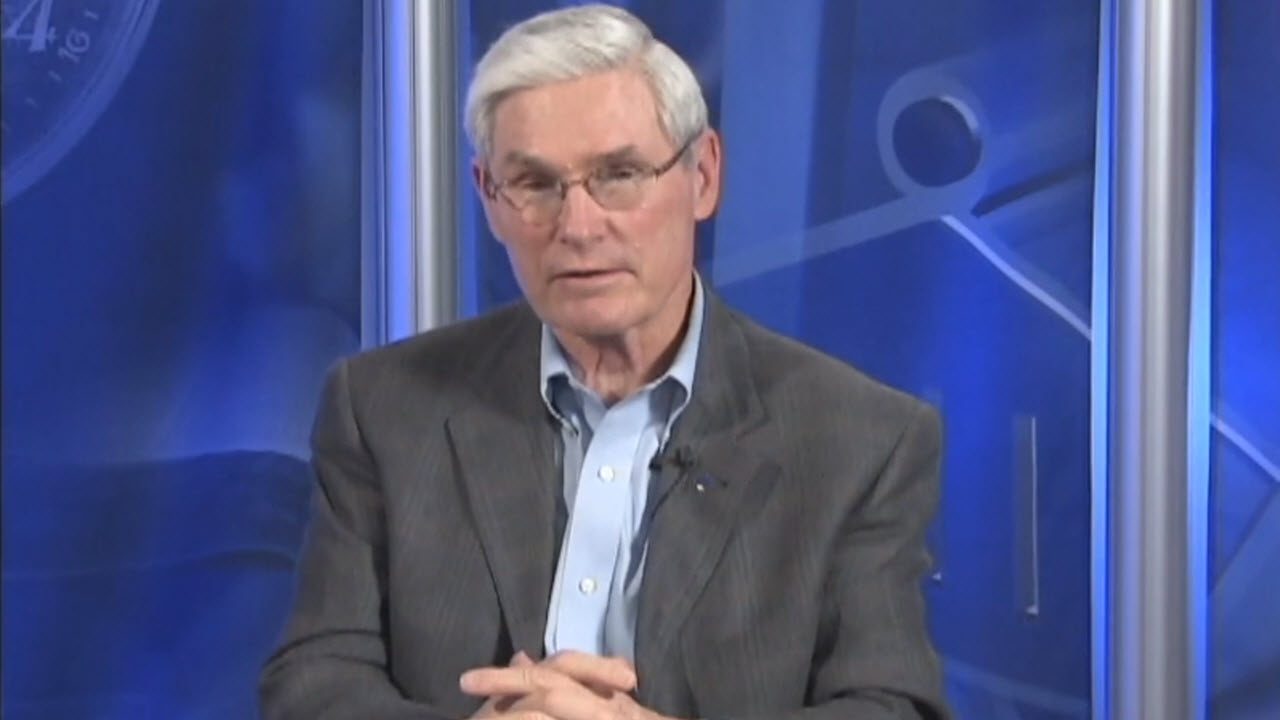The 401(k) Emergency Fund
A downside to workplace retirement plan automation is that it seems to be leaving some without the best money mindset.

However, there’s a downside to workplace retirement plan automation as well. It seems to be leaving some participants with money, but not the best money mindset.
Now or later?
For example, a few years ago, the Wall Street Journal cited several examples where workers who never made a conscious choice to participate in their workplace plan eventually were shocked to discover that they had quite a bit of money built up in their accounts. Without appreciating the importance of leaving the money alone so it could grow and be available to them in their later years, they wanted the money now. And after finding out how easy it would be to “borrow” the money, they did! More specifically, a study cited by the Journal found that “within eight years of joining a 401(k) plan...automatically enrolled workers withdraw nearly half of the extra they manage to save” — far more than workers who had to sign up for their retirement plan on their own.According to Harvard economist Brigitte Madrian, “We have figured out how to get money into the retirement savings system. Now we need to think about how to keep that money in the system.”
Even small account balances matter
In another example of not appreciating the value of letting 401(k) plan money grow for retirement, after leaving their company, more than 60% of 401(k) participants with balances below $10,000 liquidate their accounts, according to Retirement Clearinghouse LLC. Had they left the money in the account, transferred it to their new employer’s plan, or transferred it to an IRA, they would have avoided paying income taxes and a 10% penalty.
“When people hardly have any money in the system, it doesn’t seem worth it to them to roll it over,” said Lori Lucas, president of the Employee Benefit Research Institute.
What’s the money for?
Last year, according to The Wall Street Journal, a record number of 401(k) plan participants took early withdrawals from their accounts for financial emergencies. While the overall number — 3.6% of participants — seems relatively small, that figure was up nearly 30% from the 2.8% of participants who made such withdrawals in 2022, and up 80% from the pre-pandemic level of 2%.The IRS allows hardship-related withdrawals for reasons including preventing eviction or paying medical bills. Avoiding foreclosure was the reason behind 40% of hardship withdrawals in 2023.
Such withdrawals from a traditional 401(k) plan account come with an income tax bill and, if the person making the withdrawal is younger than 59 and a half, a 10% penalty.
Some solutions
Since automation seems to be doing a good job of getting money into 401(k) plans, keeping money in the plans may be a matter of education, especially on two points.First, it would be helpful if new plan participants more clearly understood the importance of letting their 401(k) plan money grow for their later years.
Second, it may be helpful to find out whether new hires have an emergency fund before automatically enrolling them in a 401(k) plan. It’s generally best to build an emergency fund that contains three to six months’ worth of essential expenses before allocating money to retirement savings.
If they have the means to allocate money to an emergency fund while also contributing enough to get some or all of any available matching money, that would be ideal. However, if they can’t do both, funding the emergency savings account first would seem to be the better path.
Automation plus
Today, a growing number of employers are offering the option to have automatic payroll deductions used to build an emergency fund. That’s well and good, but automation alone can’t make people wise money managers. Automation plus education would be better.
Image used with permission.Related Articles

May 21, 2025
The Danger of Buy Now, Pay Later

May 18, 2025
The Hidden Danger of Buy Now, Pay Later
In a culture of instant gratification, it's easier than ever to get what we want, even if we can't afford it....

March 2, 2025
What is good debt vs. bad debt?
Is all debt bad? Or does some good debt exist? Here are the biblical principles to discern the difference....